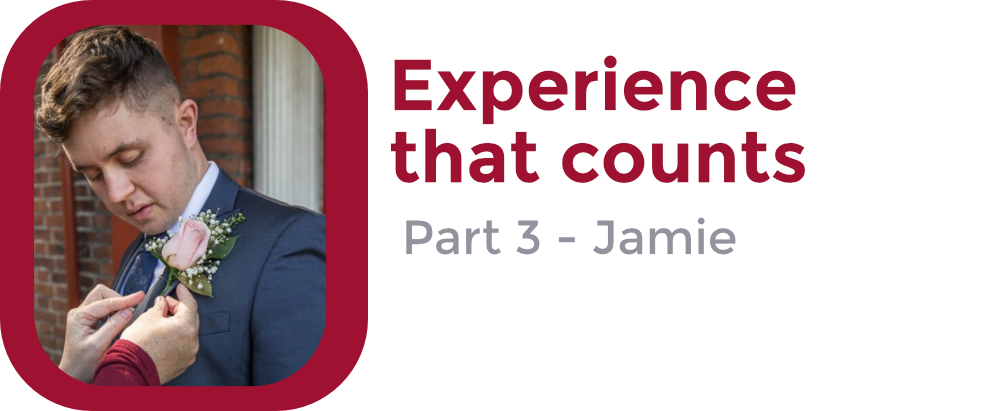
Acounting and Finance
In the final blog of this series, we speak to Management Accountant, Jamie Newton.
Within their Shared Service Centre in Manchester, Jamie is using his financial expertise at a Global Legal Services firm.
We speak to him to learn more about his journey from a graduate to fully-fledged accountant.
Hi Jamie! As a Management Accountant, what does your role involve on a day-to-day basis?
My current role mainly involves producing reports, plus preparing and distributing a variety management information to stakeholders.
While it may not sound that exciting, my reports and information go to a range of recipients – from local office accountants, right up to the CFO and Managing Partners, as well as our offices spanning the globe.
This includes London, New York, Hong Kong and Dubai to name a few!
Other aspects of my role include financial and statistical analysis of the current and expected performance of the firm, as well as reconciliations between the various systems we use.
What is the most surprising thing you have learnt during your career as an accountant?
Many people (including myself at the beginning of my career) are surprised to learn just how broad the role of a Management Accountant within a company can be.
In my three roles since graduating, I have been involved with both financial and non-financial elements of organisations.
Some tasks, such as forecasting, can actually have a major impact on the future performance of the firm and drive business decisions.
Although this can be a huge responsibility, it is also great to know your job goes far beyond just producing numerical results in a specified format.
You can be a part of creating something that you know will have a meaningful impact upon the business.
I’ve also been surprised at how skills I have picked up in my role as an accountant have impacted and benefited my personal life.
I’m now a pro at budgeting and Excel modelling!
Wish I could say the same about my budgeting… sounds like I might need your help!
What is one perception of the accounting and finance industry that you would like to change?
One perception I would like to change is the idea that accountants are just ‘number crunchers’.
Although a significant proportion of an accountant’s role does involve producing or analysing numbers, as I said before, they are regularly involved in the operational aspects of a firm’s activities too.
I feel this point is proven when you see the number of chartered accountants working in ‘non-finance’ departments of large, successful companies.
What is one piece of advice you would give to someone looking to get into accounting and finance at an Intern or Graduate level?
The main piece of advice I would give is to find a role that has a wide scope of experience across different areas within finance and, if possible, outside of finance.
Why do you recommend that?
You may have an idea of where you envisage yourself working in the future.
But, until you actually get exposure of different business areas, you won’t know for sure what you enjoy the most – and potentially more importantly – where your skillset is most valuable.
For that reason, I think covering different aspects of finance during the early stages of your career can be very beneficial.
It could also give you more flexibility when looking for roles in the future, as potential employers can see your experience in different business areas as highly valuable.
Where can people find this type of role?
Internships and Graduate roles offering a large scope of experiences in accounting and finance can be found in both small and large businesses.
In a small business, the finance department is more likely to engage in widely varying tasks, with more responsibilities given to employees.
In a large organisation, they are likely to offer rotation schemes around different departments, which provide a structured way to see how accountants work across the business.
Both rotation schemes and small businesses are great ways of gaining a variety of different skills, knowledge and experiences – it’s just up to you to decide which you’d rather gain experience with!
